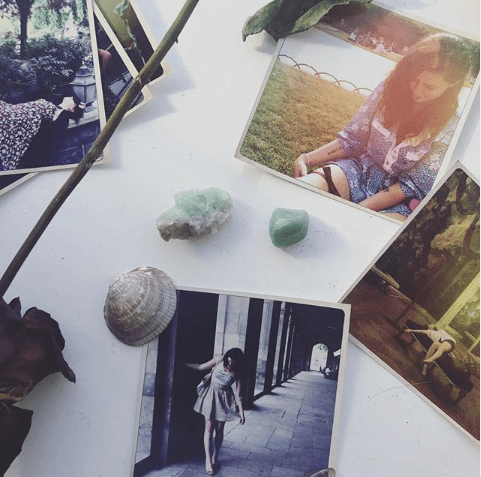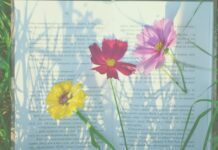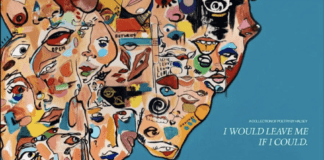
Writing poetry can fit into your daily routine. Here’s how it fits into mine.
People often ask me, “So, what’s it like to be a poet?” and I ALWAYS find the question both difficult to answer and rather sweet. It’s sweet because people are genuinely curious.
To the outside eye, being a poet is a sort of abstraction. A romantic fantasy. Often, writing poetry is not seen as work. And yet people often put it on the ‘high art’ pedestal, like it’s untouchable. Like it’s
But I think most poets would call it a compulsion. Perhaps it’s work; perhaps it’s romantic — but it’s never not a need. If the choice to write were not there, many of us would feel suffocated — by a need to express the constant photographs we capture in our minds and feel compelled to actualize.
But it’s more than that, too; we often write poetry to resist the status quo. To resist oppression. To resist mental illness. We write ourselves, our cultures, our traumas into some semblance of sense. It is an illumination of wounds that need to be seen to be healed.
I write because I cannot untangle myself from the compulsion, and maybe that’s the case with you, as well? Poetry is a lifestyle to me — so here’s an answer to the ‘what does a poet actually do?” question.
Below, I’ve described a “day in the life of a poet.” Of course, poets have jobs (no, we don’t actually sit around writing all day every day!) and other responsibilities. So, I’ll be sharing a bit about what I do on, say, a weekend day designated to working on my poetry.
First, I’ll wake up and make a bit of coffee or tea. (Let’s be honest; it’s coffee — and a lot of it). My ritual is usually drinking coffee and standing beside a window to take in the morning light. I find that I work best in natural light during the day, although at night I will often write by the glow of a salt lamp or some candles. Because a lot of my work takes place in natural settings (the sea, especially), this helps me feel grounded and tapped-in.
I’ll usually devote a few hours to writing or editing poetry. The writing of poetry is something that gestates for a long time. For weeks, I’ll usually build ideas in my mind. When I sit down to write, I tend to work slowly, trying to conjure what was in my mind. Or, I’ll edit work that I’ve been working on. Many poets don’t edit (I never used to, actually, and that worked fine for me) but I’ve been using the proverbial red pen more often these days.
By lunchtime, I’ll usually work on submitting poems to literary journals while snacking on some lunch or, you know, imbibing a midday mimosa or rosé. The key, at least for me, is to stick to one or two. Any more and you’ll find typos all over my emails.
I’ll make a list of a few poems that I want to submit, and then I’ll read them over and ensure that they’re ready to go should they be accepted for publication. I use Poets & Writers Magazine and Entropy’s amazingly wonderful list of open calls for work to find literary journals.
Next, I’ll do what I call “poetic admin.” This could mean updating my author website by adding poems I’ve recently published or adding a short blog post about someone else’s work. A good poet also supports the work of others.
I might send answers to interview questions or create an Instagram post about my most recent book. Or, I’ll create a to-do list of places I want to submit to, contests I want to enter, or people I want to reach out to about poetry readings. Or, I might write thank you notes to editors who have accepted my work. You can also do this for those editors who declined it! They still took the time to consider it, after all.
At night, I might a read a book of poetry (you can find my new favorites at @lisamariebasile), edit some work for my magazine, Luna Luna, or take myself to
Being a poet means integrating poetry in all its forms into my lifestyle. It’s beautiful and affirming, sure, but it also
Feature image from Lisa’s Instagram: @lisamariebasile.














